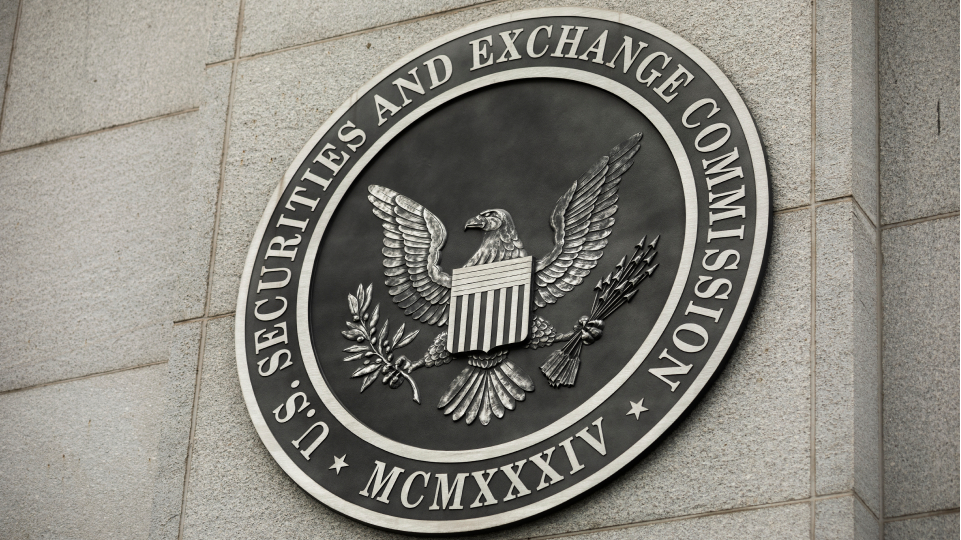|
Getting your Trinity Audio player ready...
|
Billionaire investor and Shark Tank star Mark Cuban is once again making waves in the debate over U.S. Securities and Exchange Commission (SEC) regulations. On Tuesday, Cuban took to the social media platform X to voice his concerns, following remarks from Congressman Ritchie Torres questioning SEC Chair Gary Gensler’s stance on non-fungible tokens (NFTs) and other digital collectibles.
The exchange began after Rep. Torres raised a pointed analogy, comparing NFTs to Yankee tickets. He argued that there was no legal difference between the two and criticized Gensler’s claim that NFTs, like assets tied to the popular animated series Stoner Cats, should be classified as securities. Torres’s comments have struck a chord with those who see Gensler’s regulatory approach as outdated and harmful to innovation.
Cuban’s Critique Of SEC Regulations
Mark Cuban, never one to shy away from controversy, jumped into the conversation with a strong rebuke of Gensler’s leadership. Cuban revealed that he had recently spoken with Vice President Kamala Harris’ team about the government’s stance on technology and regulation. While he didn’t share details of their conversation, it’s clear that Cuban sees the current SEC policies as harmful to the tech and crypto industries.
Cuban’s frustrations with the SEC are not new. He has been an outspoken critic of what he views as Gensler’s heavy-handed approach to regulating the emerging crypto landscape. In a sharp critique, Cuban referred to Gensler as “a blight on the technology community,” blaming him for stifling innovation. Cuban argued that Gensler’s reliance on the Howey Test—a legal standard used to determine what qualifies as a security—is flawed and has no place in modern-day crypto regulation.
“If Howey were the law of the land, there never would have been a reason for Reves vs. Ernst & Young to exist,” Cuban stated, referencing a 1990 Supreme Court case that highlighted the limitations of the Howey Test in categorizing complex financial instruments.
The Ongoing Debate Over Crypto Regulation
Cuban’s call for change comes as frustrations mount over how the SEC is handling new technologies. Many critics, like Cuban, believe that Gensler’s approach of regulating through enforcement rather than establishing clear guidelines is hindering growth in the U.S. tech and crypto sectors. This debate has gained traction, especially as the crypto industry faces increasing scrutiny from lawmakers.
Cuban, who has invested heavily in crypto and blockchain projects, has positioned himself as a vocal advocate for more lenient and forward-thinking policies. His blunt statement that “Gensler is gone” suggests he believes that Gensler’s regulatory approach is not sustainable in the long run, particularly as it clashes with the interests of innovators and entrepreneurs.
What’s Next for Crypto and the SEC?
As the crypto industry continues to evolve, the clash between innovators like Cuban and regulators like Gensler will likely intensify. With Congressman Torres and other lawmakers questioning the SEC’s stance on NFTs and digital assets, the call for clearer, innovation-friendly regulations is growing louder.
Whether Gensler’s policies will stand the test of time or lead to broader changes in how the U.S. regulates crypto remains to be seen. However, one thing is certain: Mark Cuban isn’t backing down, and the debate over crypto regulation is far from over.
This article provides an SEO-optimized overview of Mark Cuban’s criticism of SEC regulations and its impact on the crypto industry. Keywords like “crypto regulation,” “Mark Cuban,” “Gary Gensler,” and “SEC” are strategically used to improve search engine visibility.
Disclaimer: The information in this article is for general purposes only and does not constitute financial advice. The author’s views are personal and may not reflect the views of Chain Affairs. Before making any investment decisions, you should always conduct your own research. Chain Affairs is not responsible for any financial losses.
I’m a crypto enthusiast with a background in finance. I’m fascinated by the potential of crypto to disrupt traditional financial systems. I’m always on the lookout for new and innovative projects in the space. I believe that crypto has the potential to create a more equitable and inclusive financial system.



